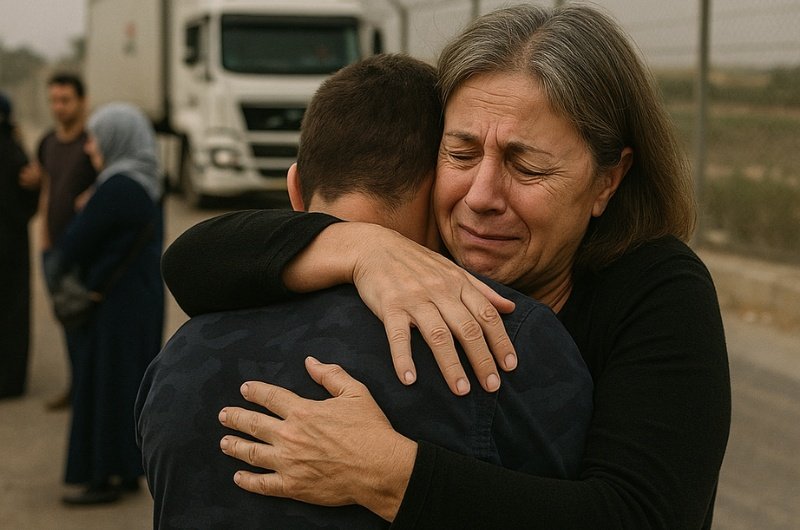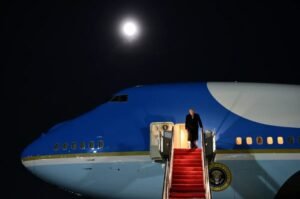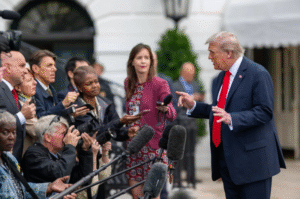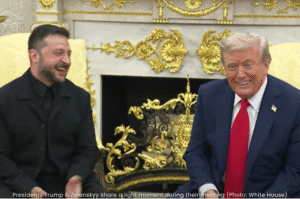
The Israel–Hamas ceasefire has entered a fragile new phase following the near-completion of a historic prisoner and hostage exchange. As of October 13, 2025, officials confirm that all 20 living Israeli hostages have been released, alongside more than 1,900 Palestinian detainees, under a deal brokered by the United States, Egypt, and Qatar. The carefully orchestrated handover has brought relief to families on both sides — but concern is growing that the calm may not last.
In recent days, Hamas fighters have been seen deploying across parts of Gaza in what officials described as a “show of strength,” even as humanitarian convoys began delivering long-delayed aid. Israeli defense officials have warned of possible ceasefire violations, citing sporadic drone activity and unverified reports of rocket launches, though no renewed combat has been confirmed. The uneasy atmosphere underscores how precarious the truce remains despite the successful exchange.
President Trump, whose administration played a central role in mediating the agreement, called the outcome “an important step toward lasting peace,” while acknowledging that “more work lies ahead.” Diplomats involved in the talks say negotiations will now shift to the next phase — including border access, reconstruction aid, and long-term security arrangements for Gaza.
Human rights observers have praised the exchange as a humanitarian breakthrough but cautioned that underlying issues — including governance of the Strip, displaced civilian return, and international oversight — remain unresolved. “This is a pause, not a peace,” said one regional analyst in Amman. “Unless the deeper grievances are addressed, this truce will live on borrowed time.”
For now, families across Israel and Gaza are trying to rebuild a sense of normalcy. Outside Tel Aviv, relatives of freed hostages described an emotional reunion after two years of anguish. In Gaza, released prisoners returned to cheers and celebration, even as aid groups warned that food, fuel, and medical supplies remain critically low. Whether this tenuous calm can hold will depend on restraint — and trust — on both sides.






















































